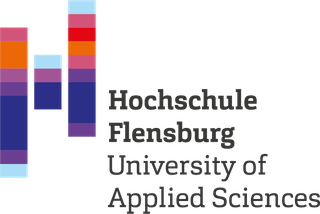Dieser Gastvortrag von Diedrich Wolter (Universität Lübeck) bietet einen Einblick in das Thema des maschinellen Lernens. Der Vortrag dauert 45 Minuten, im Anschluss gibt es Zeit für Fragen und Diskussion. Der Vortrag findet auf Deutsch statt.
Abstract
There are two complementary approaches to developing AI systems, either employing representation and reasoning or machine learning. Knowledge-based systems employ manually modelled expert knowledge. Reasoning algorithms then allow sensible actions to be computed, given a description of a system’s state. Despite several successes using this technique, researchers and practioneers could not avoid the so-called knowledge engineering bottleneck, the challenge of designing good models. By contrast, machine learning methods promise to obtain a good model based on training data alone -- no modelling of expert knowledge needed. However, with a more widespread use of machine learning, problems become clear: machine learning is little robust against biased training data and they lack to grasp behaviours that are not represented in the training data, for example common sense knowledge not explicitly mentioned in texts.
In this talk I will motivate the need to combine knowledge- and learning-based approaches, which is referred to as Hybrid AI. We will discuss challenges and prospects of Hybrid AI. Some of the challenges turn out to be longstanding and fundamental questions of AI.
Bio
Diedrich Wolter recently joined Lübeck university as professor of Hybrid AI. He obtained his doctoral degree at the collaborative research center on spatial cognition at Bremen university, where he worked on spatial reasoning and autonomous agents. Prior to joining Lübeck, he was professor for smart environments at Bamberg university. His research interests revolve around the development of autonomous agents that are situated in the real world and are capable of learning, reasoning, acting, and interacting with humans.
